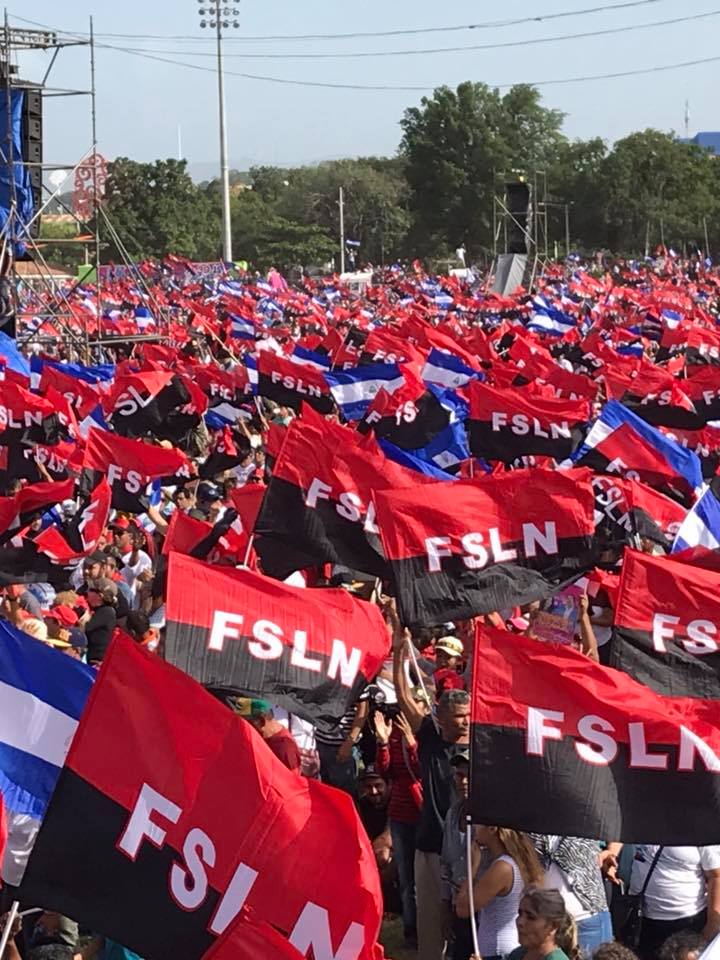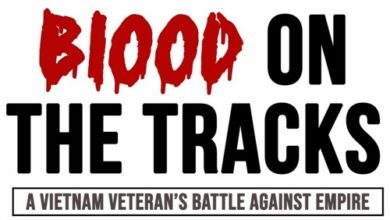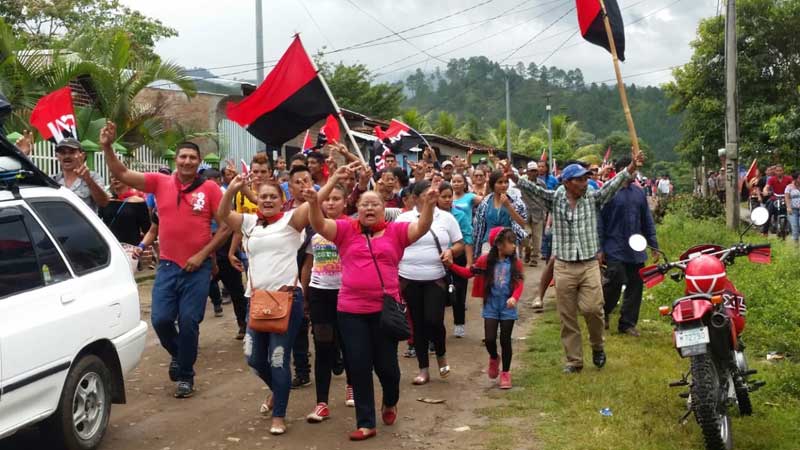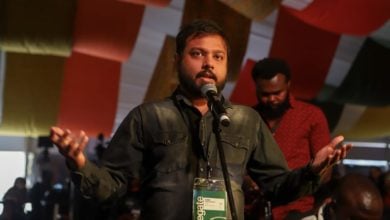Liberation News translation from original article in Granma, Cuba’s daily newspaper.
April 23, 2018
What seemed like a simple citizen protest over the increase in social security contributions in Nicaragua, culminated last week in a wave of violence that leaves at least a dozen dead and hundreds of establishments destroyed.
Given the level of organization shown, the extent of the damage and the participation of criminal groups, key questions arise: What is the origin of the demonstrations? Who are behind the most violent groups?
The demonstrations took off in the middle of last week as a reaction to a reform of the Nicaraguan Institute of Social Security (INSS). The measure of the Sandinista Executive planned to increase the contribution of workers from 6.25% to 7%, while employers would go from paying 19% to 22.5%.
The objective of the decision was to correct the INSS deficit and make it sustainable in the medium and long terms.
Groups of students and retirees, who receive their pensions from the same fund, staged the first public displays of discontent, but in a few hours the events led to massive looting and attacks against ambulances, hospitals, clinics, businesses, cars, government institutions and even family homes.
The scenes of the last days contrast with the statistics that show Nicaragua as one of the safest and most peaceful countries in Central America. The Sandinista authorities consider that, beyond a “civic protest”, what Nicaragua is experiencing is a right-wing plan to incite criminals and obtain political revenue through instability and the artificial creation of a scenario of shortages and scarcity of basic products.
Comandante Daniel Ortega said last Sunday that those who broke into the shopping centers were not “poor people” but “those interested in unleashing chaos.”
The Government reversed the reform of social security and was willing to establish a dialogue to find a solution to the INSS deficit.
However, the leaders of the protests assured that they will not stop their actions.”Social security is no longer the issue, but freedom of expression, corruption, and many others,” said the president of the Broad Front for Democracy (FAD), Violeta Granera.
When a “minority wants to impose its will by force,” said Comandante Ortega, “the opposition is no longer healthy and becomes a factor of destabilization.” The president also criticized the local rightwing seeking the support of U.S. politicians with the objective of “financing destabilization plans.” It is striking that the mobilization for the protests of recent days has been carried out through social networks with methods very similar to those of the Non- Conventional War (GNC).
One of the basic principles of the GNC, perfected by Washington to overthrow governments that are not to its liking, is to get society to confront the government with any excuse, strengthen the conflict from abroad and tighten the siege at the diplomatic level.
As part of the destabilizing actions, Washington ordered the departure of the relatives of its diplomats in Managua on Monday and reduced services in its embassy. Likewise, the State Department renewed today the petition to its citizens to “reconsider trips” to Nicaragua.
Meanwhile, the villagers began to organize themselves to defend neighborhoods, businesses, welfare centers and public spaces against the vandalism of violent groups. Likewise, the army was deployed to guarantee the protection of government buildings and facilities vital for citizenship. The climate of peace and coexistence in Nicaragua attracts a growing number of tourists and foreign investors. The Central American country boasts one of the highest economic growth rates in the region, around 5% of the annual Gross Domestic Product.
“The objective of those who are directing these criminal plans is to destroy the image of Nicaragua,” criticized Comandante Ortega. However, he was confident that Nicaraguans will not repeat the mistakes of the past and will choose the path of dialogue instead of that of war.





